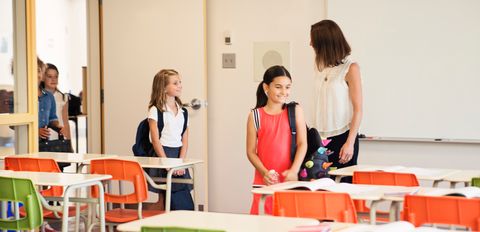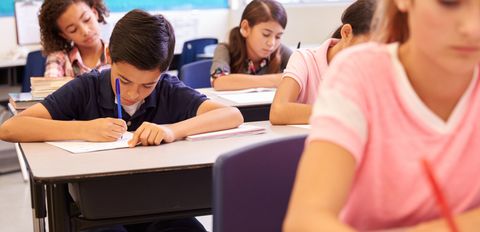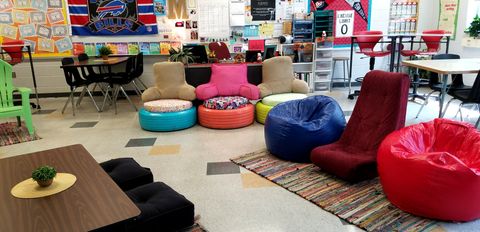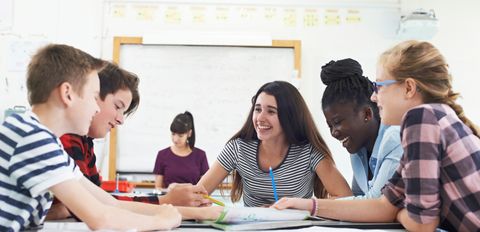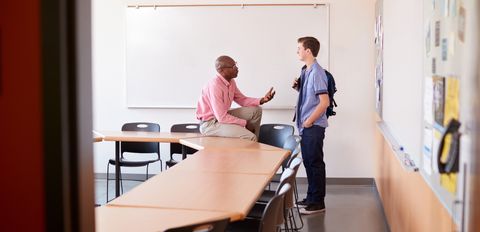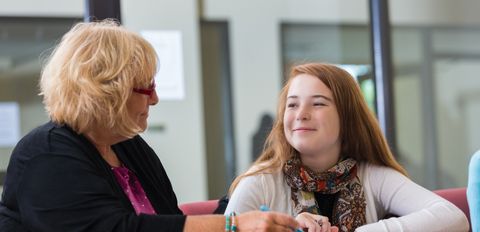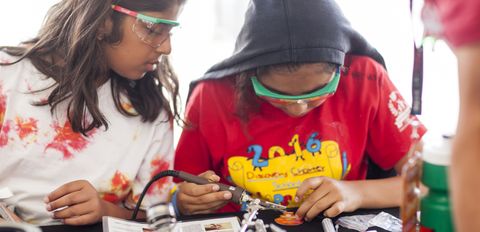 Join us today, October 3, at 4 p.m. PT (7 p.m. ET) for a Twitter chat about the strategies educators can use to develop confident speakers who share their thoughts and learning. More info at: https://edutopia.org/edutopiachat
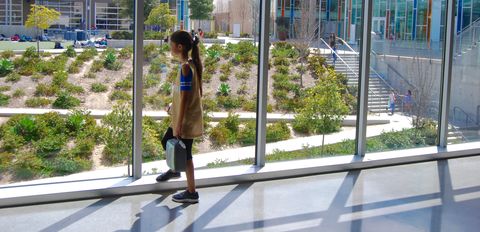 Credit: ©Nora Fleming On a mission to reimagine traditional schooling, a K-8 school in San Diego puts teachers and students at the center.
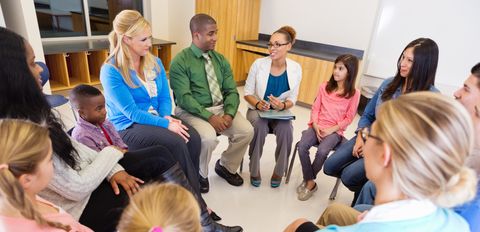 Credit: ©iStock/Steve Debenport Using family engagement events to target learning goals is a path to increasing students' academic success.
 Credit: George Lucas Educational Foundation Vertical learning—a framework for high quality group work—showcases student thinking for everyone to see.
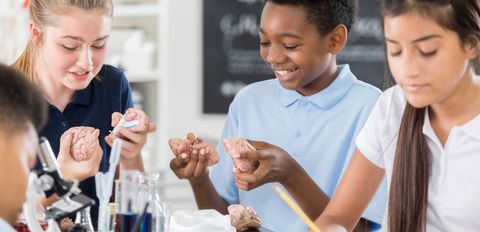 Credit: ©iStock/Steve Debenport What can zombies teach kids about the brain? Images from popular culture provide an entry point to exploring science and math.
 Credit: ©Edutopia To improve history lessons on the period, educators emphasize the roles of grassroots activists, churches, schools, and women.
| 










